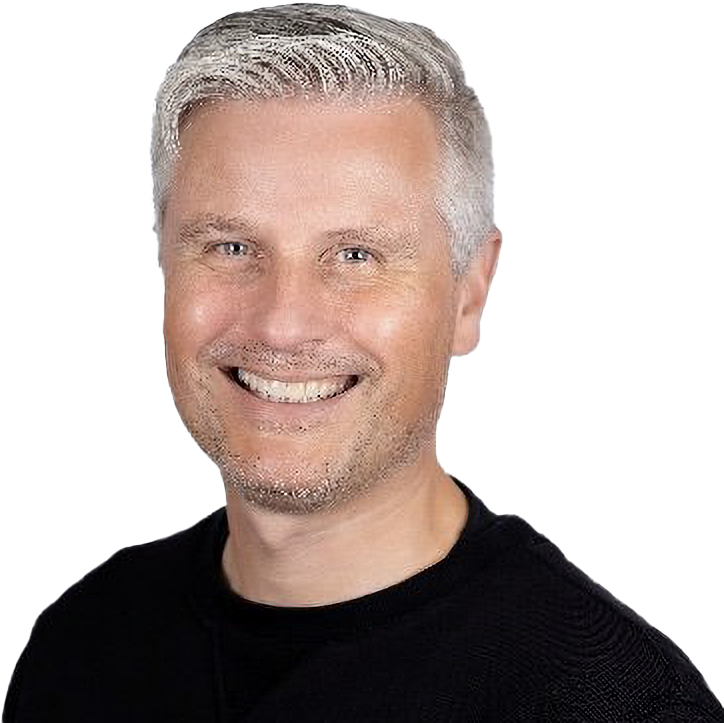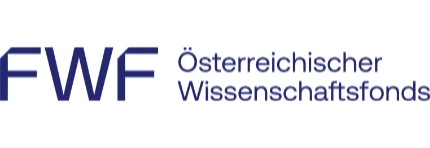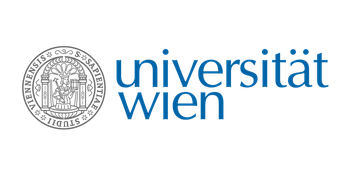The AI Effect: How (generative) AI is reshaping discussions about elections and democracy

Prof. Dr. Claes de Vreese (Universiteit van Amsterdam)
- Date: 26. November 2024
- Time: 18:30
- Street: Schnoor 27
- Location: Bremer Presse-Club
Abstract
Democracies are based on exchange, debate and discussion about goals, approaches and solutions. What tasks need to be solved, what does the sovereign want? In parliamentary democracies, this decision-making takes place within the framework of elections. In mediatized societies in particular, the media and intermediaries have played a central role in the discourse for a long time. They provide spaces for discussion and allow people to make themselves heard and be heard. However, they also have a great responsibility in terms of which topics and which actors are given (a lot of) time and space. New players are emerging with the advent of generative AI. The impact is huge but still largely unknown. Against this backdrop, the lecture explores the question of how (generative) AI can/will change and reshape the discourse on elections and democracy.
Bio
Claes H. de Vreese is University Professor of Artificial Intelligence and Society (2021-), with a special focus on media and democracy at the University of Amsterdam. He holds the Chair in political communication at the Amsterdam School of Communication Research ASCoR. He (co-)directs the UvA Platform Information, Communication and the Data Society (ICDS), including the Research Priority Areas Communication, Personalised Communication, and Human(e) AI. He is the founding Director of the Center for Politics and Communication (www.polcomm.org). He is also Chair of Social Sciences in the Danish Institute for Advanced Studies DIAS and founding, incoming (2021) Scientific Director of the Digital Democracy Center at the University of Southern Denmark. He is member of the ICA Executive Committee and served as President 2020-21.
His research interests include the role of automation, algorithms, and artificial intelligence in democratic processes. This includes microtargeting, news recommenders, social media platforms, disinformation, comparative journalism research, the effects of news, public opinion and European integration. His research has been funded by several science foundation grants, including an ERC grant, VENI and VICI grants from the Dutch Science Foundation, as well as grants from various EU research programs. He has received awards for research from the International Communication Association, the Danish Science Foundation, and the Holberg Foundation. He is recipient of the Swanson Career Achievement Award (ICA, 2018), the NeFCA Career Award (2019), and he is an elected Fellow of the Royal Dutch Academy of Sciences, the International Communication Association, and the Royal Holland Society of Sciences.
From 2004-2006 and 2010-2021 he chaired the Program Group Political Communication & Journalism in The Amsterdam School of Communication Research ASCoR. He was a co-initiator of the English language master program in Political Communication. Communication science at the UvA is consistently rated as a top European and top-10 program world-wide (QS University Ranking (#1 in 2018-2021). Between 2005 and 2013 he was the Director of ASCoR and NeSCoR during which ASCoR was rated ‘Excellent’ in research assessments. From 2013-2016 he served as Adjunct Dean of the Faculty of Social Sciences (FMG) at UvA. De Vreese is a guest of, former member (2012-2020) and the Chair (2017-2020) of the KNAW Social Science Council (SWR). From 2017-2020 he chaired the national SSH Council (Social Sciences, Humanities, Economics, and Law). He has published 200+ articles in international peer-reviewed journals, including Communication Research, Journal of Politics, Journalism Studies, Political Communication, Journal of Communication, Public Opinion Quarterly, International Journal of Public Opinion Research, Scandinavian Political Studies, European Journal of Communication, West European Politics, European Union Politics, Journalism & Mass Communication Quarterly, Mass Communication & Society, and European Journal of Political Research. He has been visiting scholar at Harvard University, Netherlands Institute of Advances Studies, University of Zurich, and SDU. He served as Editor in Chief of Political Communication (2014-2020) and the International Journal of Public Opinion Research IJPOR (2011-2014) and he serves on the Editorial Board of several ISI ranked journals. He has lectured in a dozen of countries and frequently appears in (inter)national news media.
Contact:
Prof. Dr. Andreas Hepp
ZeMKI, Center for Media, Communication and Information Research
University of Bremen
Phone: +49 421 218-67620
Assistent Mrs. Schober: +49 421 218-67603
E-mail: andreas.hepp@uni-bremen.de







